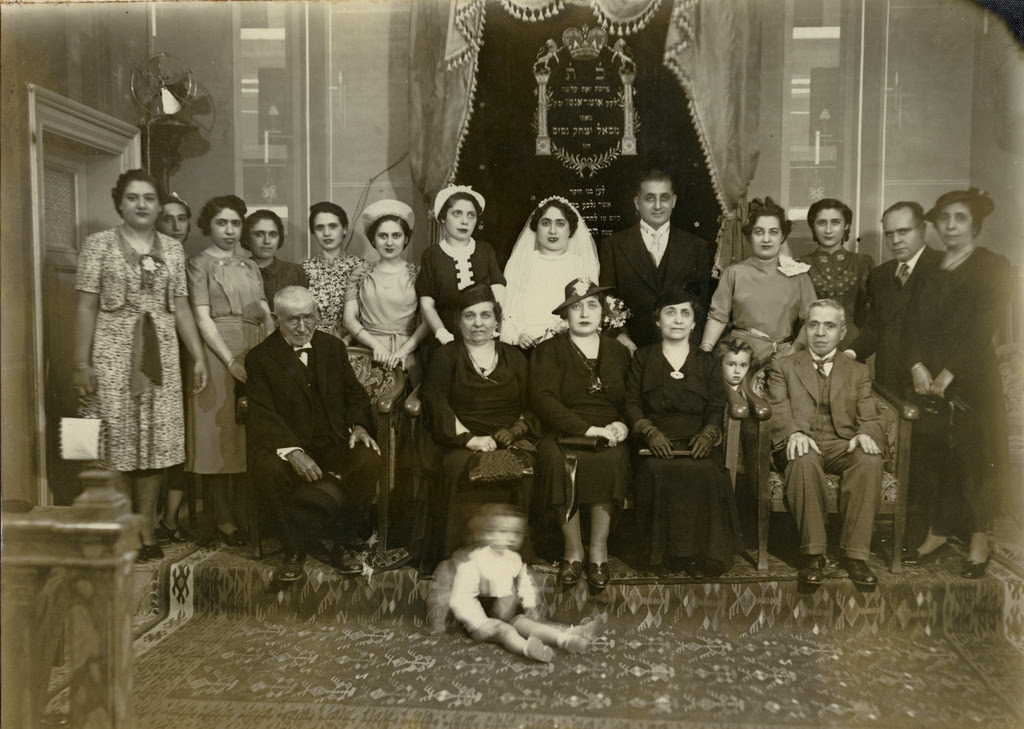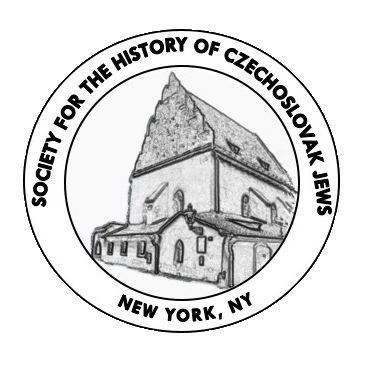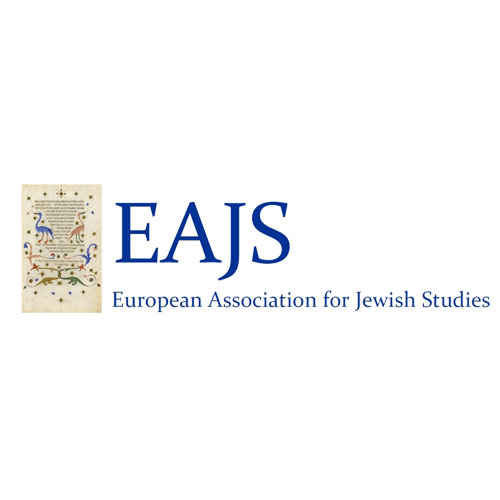Lida Dodou (Aristotle University of Thessaloniki)
The Jewish community of Salonica, often called “Jerusalem of the Balkans”, is a community whose members in the early 20th century scattered all around the globe. Focal points of this dispersion were France and, as time progressed, the USA and British Mandate Palestine. While these destination countries and the presence of Salonican Jews in them have been very often the subject of memoirs, scientific talks, events celebrating cultural heritage, etc, other destinations -less known- have not received that much attention.
The purpose of this presentation is to bring to light the story of Salonican Jews who made the “improbable” choice and settled in Moravia during the final years of the Habsburg rule. The aim is to examine the reasons that determined such a choice as well as the characteristics of their migration. Moreover, it will be demonstrated how the regime changes, both in the Czechoslovak Republic as well as in their birth city, affected them.
The timeframe expands from 1912, when the Ottoman administration was ousted from Salonica, until 1936, the year when a dictatorship, largely inspired by Mussolini’s fascist regime, was imposed on Greece. This timeframe encompasses major events that took place in that period, such as the collapse of the empires and the creation/ expansion of nation-states, the outbreak of WWI, the financial crash of 1929 et al. It will therefore be presented how the Salonica Jews who settled in Moravia interacted with these seminal events.
Last but not least, an issue that will be examined is why this aspect of Salonica Jews’ migratory history has been left to oblivion as well as what’s the correlation between this fact and the remembrance of the Greek civil war refugees that settled in the region after WWII.





























